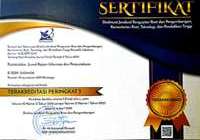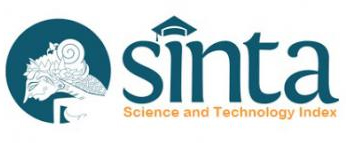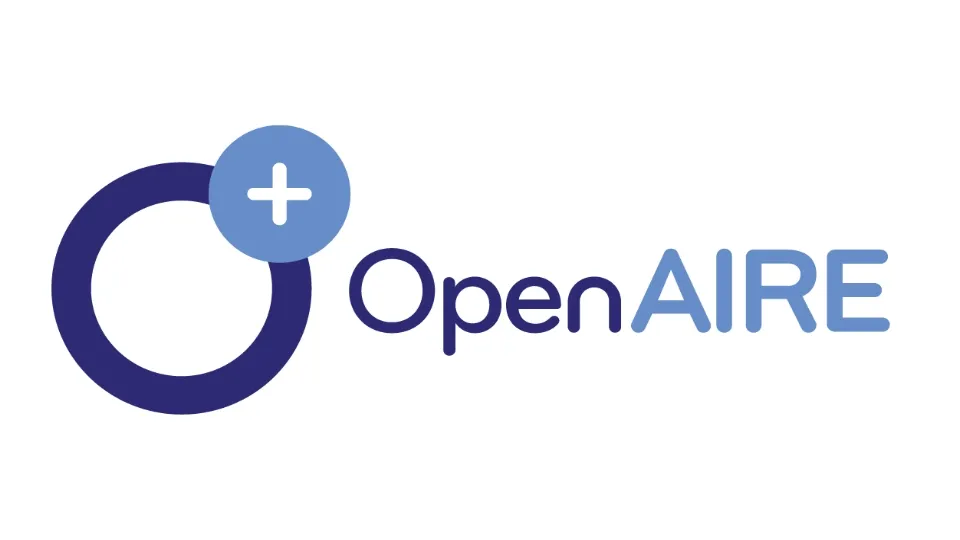Motif Mahasiswa Memilih Ilmu Perpustakaan UIN Sunan Kalijaga Berdasarkan Analisis Rational Choice Theory Raymond Boudon
DOI:
https://doi.org/10.21154/pustakaloka.v16i1.8461Keywords:
Rasional pilihan, Prodi Ilmu Perpustakaan, Perguruan TinggiAbstract
Abstract: Rational choice assumes that all actions come from a calculation of profit and loss, where the decision is based on information. This study aims to determine the motives of students choosing UIN Sunan Kalijaga Library Science based on rational choice. The method used in this research is qualitative with a case study approach. Data collection was carried out by purposive sampling of representatives of the 2019-2023 generation. After the data is obtained, it is then analyzed using the Miles and Huberman model. The results of the study say that the informant's decision to make a rational choice is based on the advantages and disadvantages of choosing his choice. In the aspect of advantages based on good career prospects such as ASN, high job market, superior accreditation of study programs (A), living in Yogyakarta as a student city and cultural city, relatively cheap tuition fees, alumni have spread throughout Indonesia and courses that are relevant to the needs of the times such as information systems, web design, and information and communication technology. In the aspect of losses felt by informants based on the lack of basic knowledge of library science, public perceptions that the librarian profession is underestimated, the library science study program is not known by the public, some informants consider the UKT of the last group to be quite high, library science as the second choice and lack of interest in library science.
Keywords: rational choice, library science, higher education
References
Boudon, Raymond. 2003. “Beyond Rational Choice Theory.” Annual Review of Sociology 29: 1”“21. https://doi.org/10.1146/annurev.soc.29.010202.100213.
Coleman, James S. 1990. Foundations of Social Theory. Cambridge: Belknap Press Of Harvard University Press.
Desjardins, Stephen L, and Rob Toutkoushian. 2005. ARE STUDENTS REALLY RATIONAL? THE DEVELOPMENT OF RATIONAL THOUGHT AND ITS APPLICATION TO STUDENT CHOICE. Higher Education: Handbook of Theory and Research. https://doi.org/10.1007/1-4020-3279-x.
Ferdinan Bashofi, Winin Maulidya Saffanah. 2019. “Pilihan Rasional Mahasiswa Difabel Dalam Memilih Jurusan Keguruan Di Ikip Budi Utomo Malang.” Simulacra 2 (2): 149”“64.
George Ritzer, Douglas J. Goodman. 2007. Teori Sosiologi Modern. jakarta: kencana.
Green, Linda, and Gul Celkan. 2014. “A Very Crucial Turning Point in One’s Life: College/University Choice.” Procedia - Social and Behavioral Sciences 116: 990”“95. https://doi.org/10.1016/j.sbspro.2014.01.333.
Hafiz, Subhan El. 2016. “Teori Pilihan Rasional Oleh,” no. January 2016: 14”“16.
Herfeld, Catherine. 2017. “Between Mathematical Formalism, Normative Choice Rules, and the Behavioural Sciences: The Emergence of Rational Choice Theories in the Late 1940s and Early 1950s.” European Journal of the History of Economic Thought 24 (6): 1277”“1317. https://doi.org/10.1080/09672567.2017.1385984.
Kemendikbud. 2003. “Undang-Undang Republik Indonesia Nomor 20 Tahun 2003 Tentang Sistem Pendidikan Nasional Dengan Rahmat Tuhan Yang Maha Esa Presiden Republik Indonesia.” Demographic Research 49 (0): 1-33 : 29 pag texts + end notes, appendix, referen.
Koesoemaningsih, R. 2013. “Pengaruh Budaya, Sosial, Pribadi Dan Psikologis Terhadap Keputusan Mahasiswa Dalam Memilih Pendidikan Pada Prodi Manajemen Fakultas Ekonomi Pada Universitas Soerjo Ngaw” 13 (2): 1”“2.
Latifah, Ismi, Nurhadi, and Siany Indria Liestyasari. 2019. “Rasionalitas Orang Tua Dalam Pengambilan Keputusan Jurusan Kuliah Anak Melalui Analisis Teori Pilihan Rasional James S. Coleman (Universitas Sebelas Maret).” Pendidikan Sosiologi Antropologi FKIP Universitas Sebelas Maret 53 (9): 1689”“99.
Moleong, Lexy J. 2021. Metodelogi Penelitian Kualitatif. Bandung: PT. Remaja Rosdakarya.
Muchlis, Fadhkur Nuur, Yosafat Hermawan Trinugraha, and Yuhastina. 2021. “Jurnal Sosialisasi Pilihan Rasional Mahasiswa ”˜ Kupu-Kupu ’ ( Studi Preferensi Mahasiswa y Ang Berorientasi Pada ”˜ Kuliah Pulang - Kuliah Pulang ’ Di FKIP UNS ) Jurnal Sosialisasi.” Jurnal Sosialisasi 8 (1): 22”“30.
Nababan, Mona Lestari. 2022. “Analisis Faktor-Faktor Yang Mempengaruhi Keputusan Mahasiswa Dalam Memilih Program Studi Akuntansi (Studi Kasus Pada Mahasiswa Akuntansi Universitas Hkbp Nommensen Medan).” universitas hkbp nommensen medan. https://repository.uhn.ac.id/bitstream/handle/123456789/7849/MONA LESTARI NABABAN.pdf?sequence=1.
Rosidin. 2016. “Analisis Teori Pilihan Rasional Terhadap Transformasi Madrasah.” Madrasah: Jurnal Pendidikan Dan Pembelajaran Dasar 7 (2): 22. https://doi.org/10.18860/jt.v7i2.3325.
Tamtekin Aydın, Oya. 2015. “University Choice Process: A Literature Review on Models and Factors Affecting the Process.” Yuksekogretim Dergisi 5 (2): 103”“11. https://doi.org/10.2399/yod.15.008.
Tubaro, Paola, and Ivan Moscati. 2011. “Becker Random Behavior and the As-If Defense of Rational Choice Theory in Demand Analysis. The Journal of Economic Methodology, 18, 107-128.” Journal of Economic Methodology 18 (June): 107”“28. https://doi.org/10.1080/1350178X.2011.579147.
Yusuf, A. Muri. 2016. Metode Penelitian Kuantitatif, Kualitatif & Penelitian Gabungan. jakarta: Prenada media.
Downloads
Published
Issue
Section
License
Copyright (c) 2025 Pustakaloka

This work is licensed under a Creative Commons Attribution-NonCommercial-ShareAlike 4.0 International License.
Requirements to be met by the author as follows:
- Author storing copyright and grant the journal right of first publication manuscripts simultaneously with licensed under the Creative Commons Attribution License that allows others to share the work with a statement of the work's authorship and initial publication in this journal.
Authors can enter into the preparation of additional contractual separately for non-exclusive distribution of a rich version of the journal issue (eg: post it to an institutional repository or publish it in a book), with the recognition of initial publication in this journal.
Authors are allowed and encouraged to post their work online (eg, in institutional repositories or on their website) prior to and during the submission process, because it can lead to productive exchanges, as well as citations earlier and more severe than published works. (see The Effect of Open Access).















